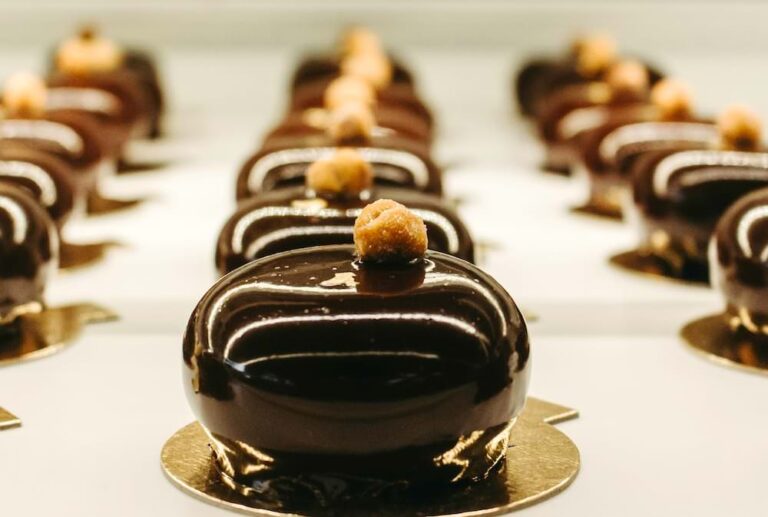Grammar: Future simple, regular
The future simple (“le futur simple” in French) is a verb tense that enables you to talk about things that will happen in the future.
In English, it corresponds to usages such as “I will” (do something), “I’ll” (do something), “I will not” (do something) or “I won’t” (do something).
To conjugate a verb in the future simple, you need two things:
(1) the future simple stem of the verb
(2) the appropriate ending for the verb
Future simple stem of regular -er verbs:
For regular verbs that end in -er, such as “parler,” (to speak or to talk) the future simple stem is the same as the infinitive form of the verb (which is also “parler”). So the future simple stem would be “parler-“.
Future simple stem of regular -ir verbs:
For regular verbs that end in -ir, such as “finir” (to finish), the future simple stem is the same as the infinitive form of the verb (which is also “finir”). So the future simple stem would be “finir-“.
Future simple stem of regular -re verbs:
For regular verbs that end in -re, such as “vendre” (to sell) the future simple stem is the same as the infinitive form of the verb, MINUS THE FINAL “e”. So “vendre” becomes “vendr-“. The future simple stem is “vendr-“.
Endings:
The endings of the future simple are based on the present tense of the verb “avoir.”
Here is the present tense conjugation of the verb avoir:
- j’ai (I have)
- tu as (you have)
- il a (he has)
- nous avons (we have)
- vous avez (you have) [plural/formal]
- ils ont (they have)
The future simple endings derived from the present tense of “avoir” are therefore:
- ai (for the “je” form)
- as (for the “tu” form)
- a (for the “il” form)
- ons (for the “nous” form) (you can see this is just “ons,” not “avons”)
- ez (for the “vous” form) (like the nous form, this also differs from “avez”)
- ont (for the “ils” form)
Putting it all together:
“To conjugate” means to go through the list of persons for a given verb. So to conjugate a verb in the future simple tense, you start with the person (I, you, he, we, you, or they), then you add the verb stem, and finally you add the future simple ending. “Je” (meaning “I”) is added to “parler” (to speak) and to “ai” (the relevant ending for “je”), giving us “je parlerai” (I will speak). See the examples below.
Regular -er verb future simple example:
eg parler (to speak)
- je + parler + ai = je parlerai (I will speak, I’ll speak)
- tu + parler + as = tu parleras (you will speak, you’ll speak)
- il + parler + a = il parlera (he will speak, he’ll speak)
- nous + parler + ons = nous parlerons (we will speak, we’ll speak)
- vous + parler + ez = vous parlerez (you will speak, you’ll speak)
- ils + parler + ont = ils parleront (they will speak, they’ll speak)
Regular -ir verb future simple example:
eg finir (to finish)
- je + finir + ai = je finirai (I will finish, I’ll finish)
- tu + finir + as = tu finiras (you will finish, you’ll finish)
- il + finir + a = il finira (he will finish, he’ll finish)
- nous + finir + ons = nous finirons (we will finish, we’ll finish)
- vous + finir + ez = vous finirez (you will finish, you’ll finish)
- ils + finir + ont = ils finiront (they will finish, they’ll finish)
Regular -re verb future simple example:
eg vendre (to sell)
- je + vendr + ai = je vendrai (I will sell, I’ll sell)
- tu + vendr + as = tu vendras (you will sell, you’ll sell)
- il + vendr + a = il vendra (he will sell, he’ll sell)
- nous + vendr + ons = nous vendrons (we will sell, we’ll sell)
- vous + vendr + ez = vous vendrez (you will sell, you’ll sell)
- ils + vendr + ont = ils vendront (they will sell, they’ll sell)







4 Comments
Comments are closed.